A greener Tour de France? 'Logical' 2023 route slashes average transfer between stages
Race director Thierry Gouvenou says he tries to keep transfers as short as possible, but that won't stop overseas Grand Départs
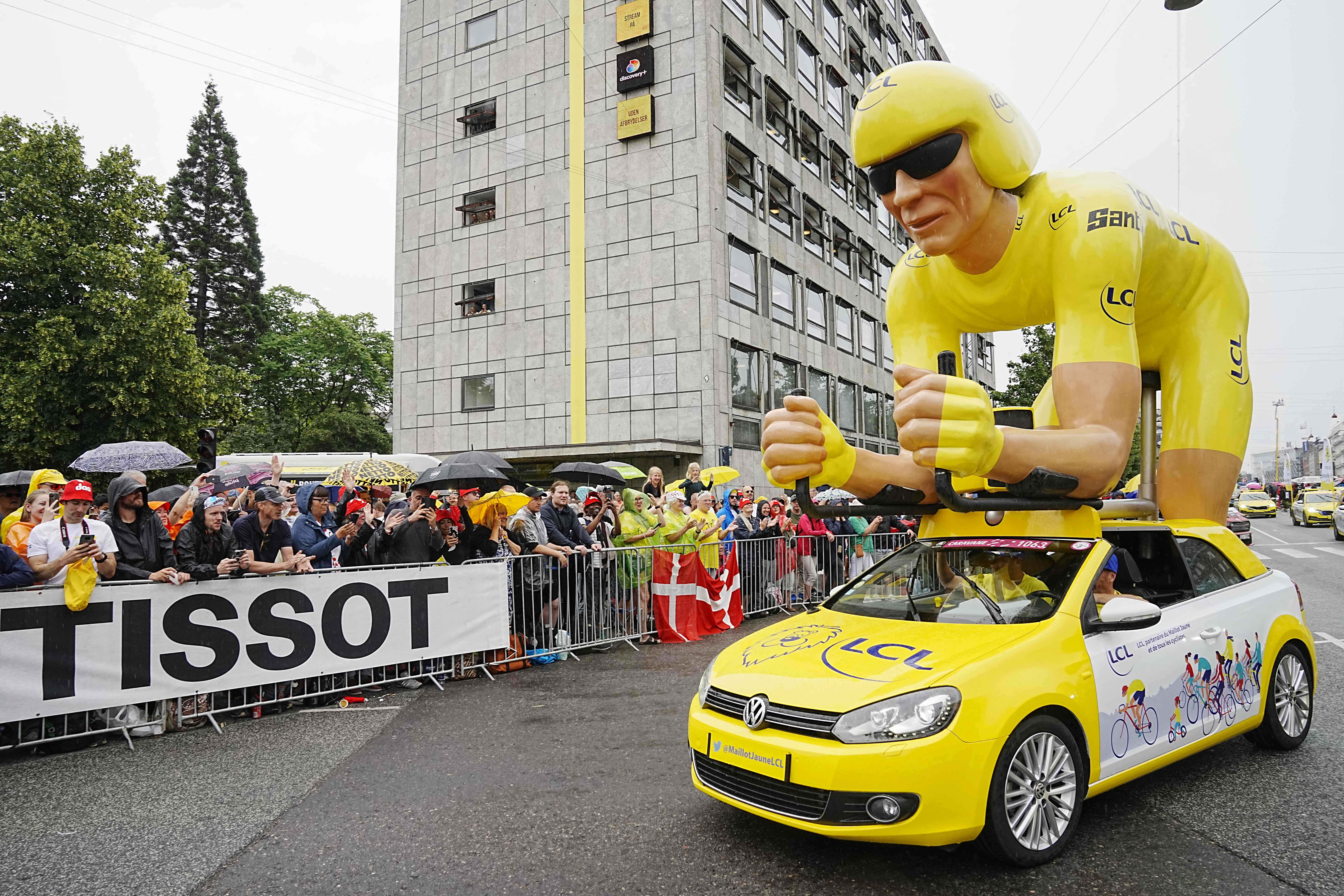

If, looking at the recently announced 2023 Tour de France route, you thought the stages looked particularly close together, you were right.
Calculating the shortest driving distance between each stage finish and the next day’s start, the average transfer for next year’s race is 80km. This figure is considerably smaller than the previous four editions of the race, which come in at 96km (2019), 97km (2020), 101km (2021) and 131km (2022).
For a sport that has long struggled to reduce its impact on the climate, this decrease in distance travelled between stages comes with improved green credentials.
In August, Cycling Weekly writer Chris Marshall-Bell argued that the distance between a stage finish and the next day’s start should be capped at 100km to limit the environmental impact of driving. This year, there were seven transfers that surpassed 100km, the same number as in the 2021 edition and one fewer than in 2020.
Next year’s route counts three transfers longer than 100km: a 172km trip from Cauterets to Mont-de-Marsan after stage six, a 157km transfer from Poligny to Belfort after stage 19, and the final 488km transfer to Paris.
Speaking to Cycling Weekly, Tour de France route designer Thierry Gouvenou explained that, where possible, he and his team try to keep transfers to a minimum.
“When we plan long transfers, it’s often because we have to,” said Gouvenou, “either due to a Grand Départ [held overseas] or the distance from the mountains.
Get The Leadout Newsletter
The latest race content, interviews, features, reviews and expert buying guides, direct to your inbox!
“Transfers can be a nightmare to organise. When we have to put everyone on a plane or a train it’s especially stressful. As a result, we prefer not to have long transfers.”
Though next year's edition will begin abroad, rolling out into the Basque hills of northern Spain, the race organisers have spared the peloton a long transfer by holding the latter half of the first week in the Pyrenees.
“We try to have a logical path from stage-to-stage,” said Gouvenou. “Since we’re starting in the south, it’s a bit like when the race started in Nice [in 2020]. It puts us closer to the mountains, so logically we head into the mountains a lot earlier and can stay there for longer.”
From there, the peloton will sweep across to the east, with a sequence of transfers all shorter than 50km. After stages 15 and 16, the race will have to shift just eight kilometres to the next day’s start town.
Distant Grand Départs and the long road to Paris
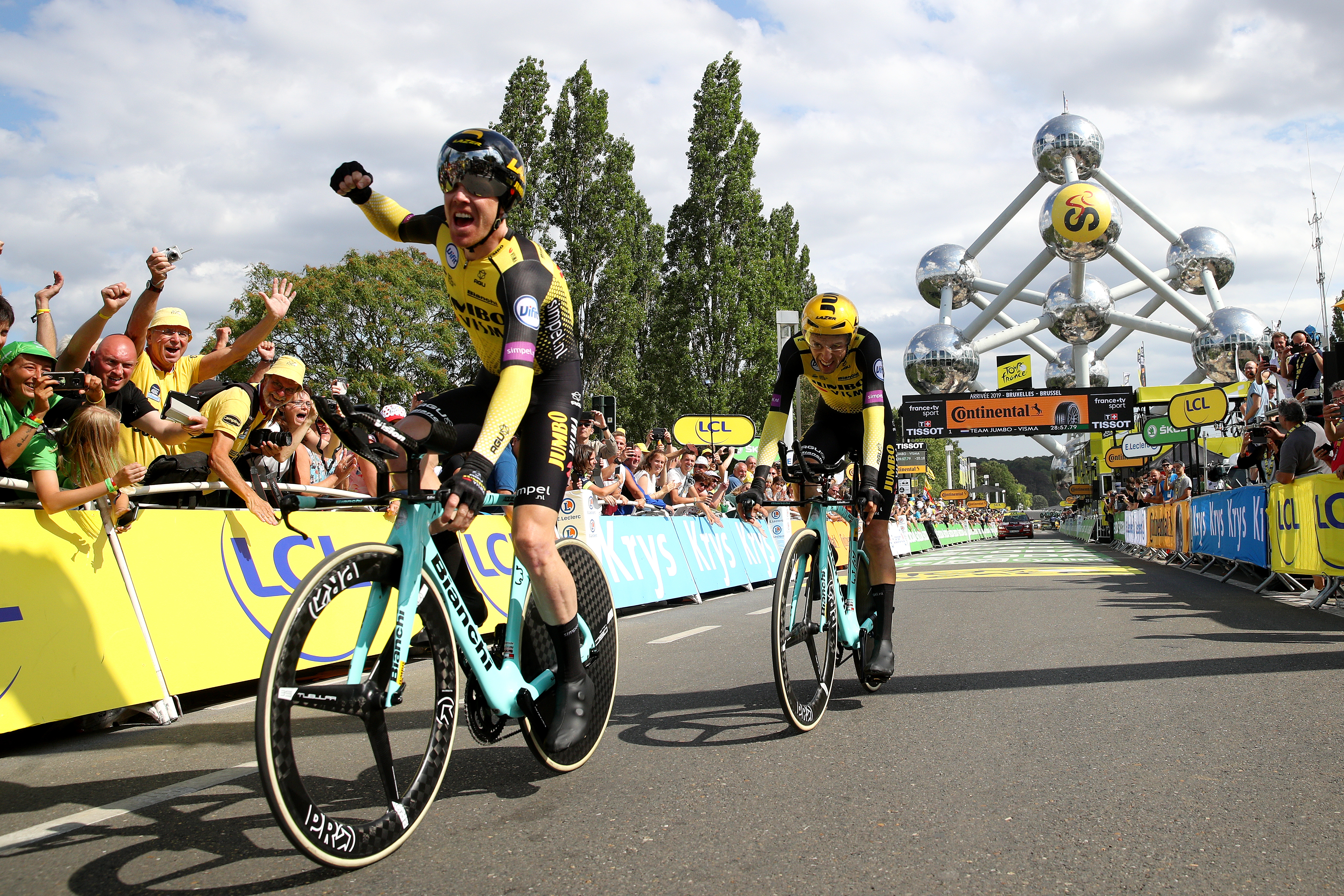
The Tour de France started in Brussels in 2019.
When asked if the shorter average transfer distance is part of the Tour’s sustainability ambitions, Gouvenou said that he’s conscious of the race’s carbon footprint, but doesn't follow any set rules.
“At some point over the coming years we’ll have other foreign Grand Départs with a long transfer [to France],” the course designer said. “It’s not something that’s going to disappear, but when we can avoid them, we avoid them.”
This July’s Danish Grand Départ concluded with a 905km trip from Sønderborg to Dunkirk in the north of France. Though riders and journalists made the journey by plane, the race’s fleet of trucks were forced to drive through the night.
Including next year’s edition, three of the last five Tour routes have started outside of France, with Belgium, Denmark and now Spain all playing host. Earlier this month, Ireland's minister for tourism Catherine Martin expressed her interest in bringing the race to the island in the coming years.
Another factor that skews the Tour’s average distance between stages is the final transfer to Paris, which tends to entail a lengthy 500km journey.
“We try to bring the suspense close to the final day, and that suspense comes in the mountains," said Gouvenou. "We almost always have a long transfer from the mountains to Paris, and that won’t change. We like to keep the suspense in the race as late as possible.”
Next year's race will hold a summit finish in Le Markstein on the penultimate day, before travelling 488km to Saint-Quentin-en-Yvelines in the outskirts of Paris. In 2019, the race convoy had to travel over 700km from the final mountain test in Val Thorens to Rambouillet for the final stage.
The 2023 Tour de France will begin on 1 July in Bilbao, with the winner crowned in Paris on 23 July.

Thank you for reading 20 articles this month* Join now for unlimited access
Enjoy your first month for just £1 / $1 / €1
*Read 5 free articles per month without a subscription

Join now for unlimited access
Try first month for just £1 / $1 / €1

Tom joined Cycling Weekly as a news and features writer in the summer of 2022, having previously contributed as a freelancer. He is fluent in French and Spanish, and holds a master's degree in International Journalism. Since 2020, he has been the host of The TT Podcast, offering race analysis and rider interviews.
An enthusiastic cyclist himself, Tom likes it most when the road goes uphill, and actively seeks out double-figure gradients on his rides. His best result is 28th in a hill-climb competition, albeit out of 40 entrants.
-
 FDJ-Suez, SD Worx-Protime, Lidl-Trek confirmed for Tour of Britain Women as strong list of teams announced
FDJ-Suez, SD Worx-Protime, Lidl-Trek confirmed for Tour of Britain Women as strong list of teams announced18 teams set to take part in four-day WorldTour stage race
By Tom Thewlis
-
 Cyclists could face life sentences for killing pedestrians if new law passed in England and Wales
Cyclists could face life sentences for killing pedestrians if new law passed in England and WalesReckless cycling currently carries a maximum two-year jail term
By Tom Thewlis
-
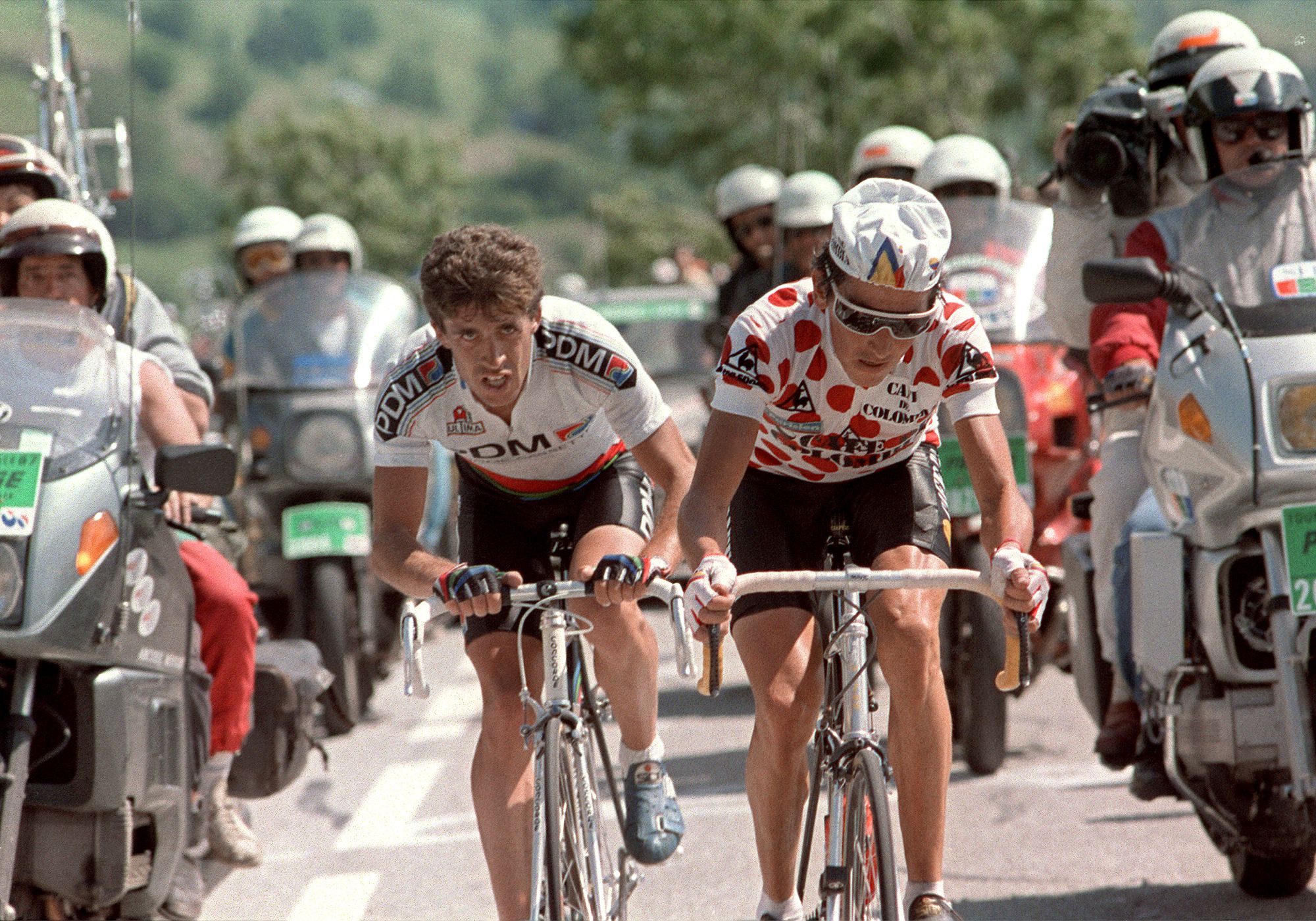 Colombian climbing star and former Vuelta a España winner Lucho Hererra could be investigated over murders of four people
Colombian climbing star and former Vuelta a España winner Lucho Hererra could be investigated over murders of four peopleA judge has called for an investigation into the former Vuelta winner who is alleged to have worked with paramilitary groups in Colombia
By Tom Thewlis
-
 'It's a great place to start' - Edinburgh MP 'absolutely' backs Tour de France Grand Départ in 2027
'It's a great place to start' - Edinburgh MP 'absolutely' backs Tour de France Grand Départ in 2027Scottish city expected to host opening stage of the Tour de France, according to reports
By Tom Davidson
-
 'I'm doing 1,000km more than Lachlan Morton' - Cycling influencer to ride every stage of the 2025 Tour de France
'I'm doing 1,000km more than Lachlan Morton' - Cycling influencer to ride every stage of the 2025 Tour de FranceAmy Hudson plans to ride the entire Tour route, including the transfers, totalling 6,300km
By Tom Davidson
-
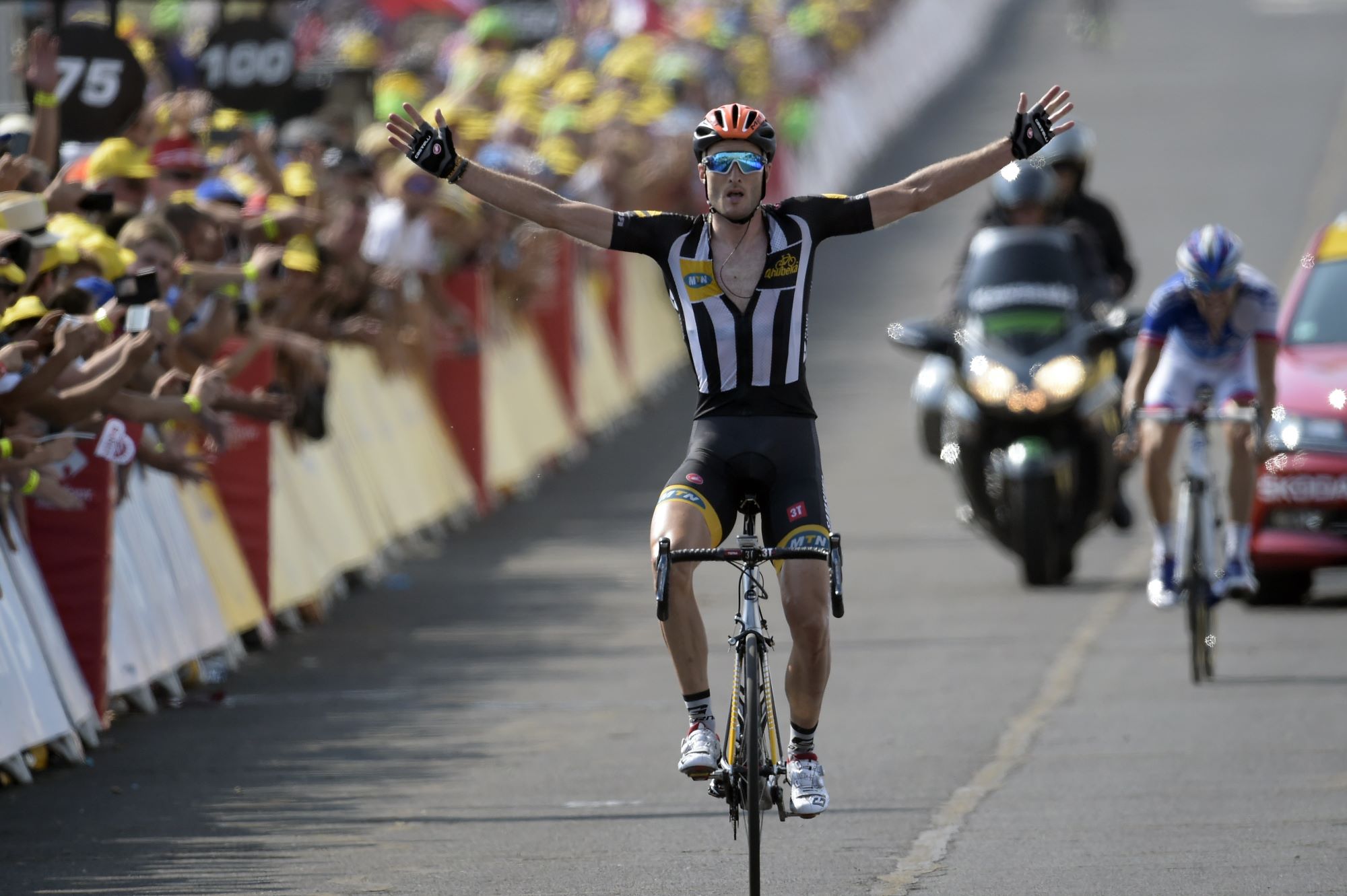 'A stage win in the Tour de France really changed my profile': Steve Cummings on working as a chef, idolising Michele Bartoli, and playing football like Trent Alexander-Arnold
'A stage win in the Tour de France really changed my profile': Steve Cummings on working as a chef, idolising Michele Bartoli, and playing football like Trent Alexander-ArnoldJayco-AlUla Sports Director discusses his most significant career victory and how he got into cycling
By Tom Thewlis
-
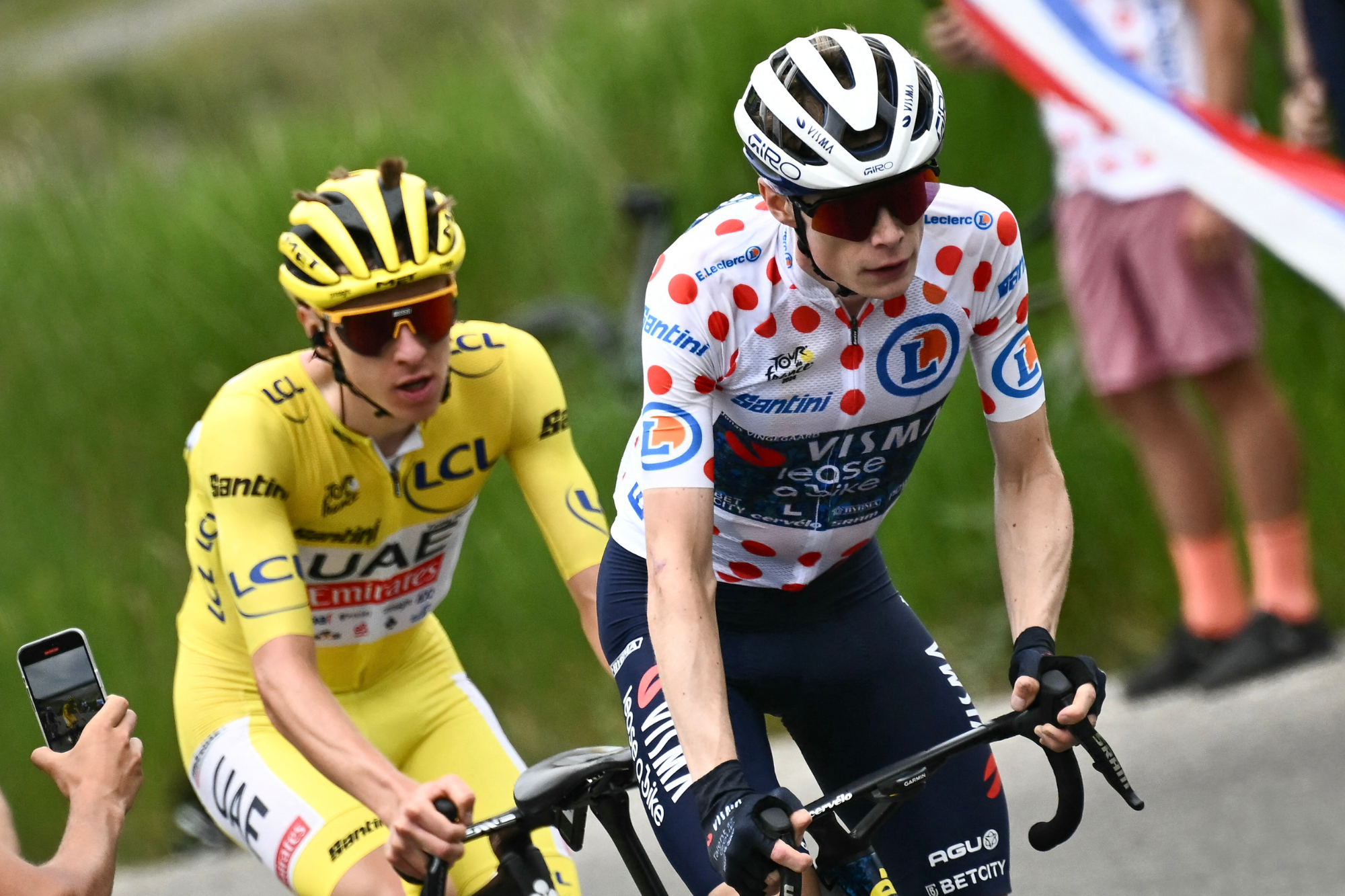 Cycling coverage is getting much more expensive in the UK – tell us what you think
Cycling coverage is getting much more expensive in the UK – tell us what you thinkEurosport is closing down in the UK and there will be no more free-to-air Tour de France coverage in Britain from 2026
By David Bradford
-
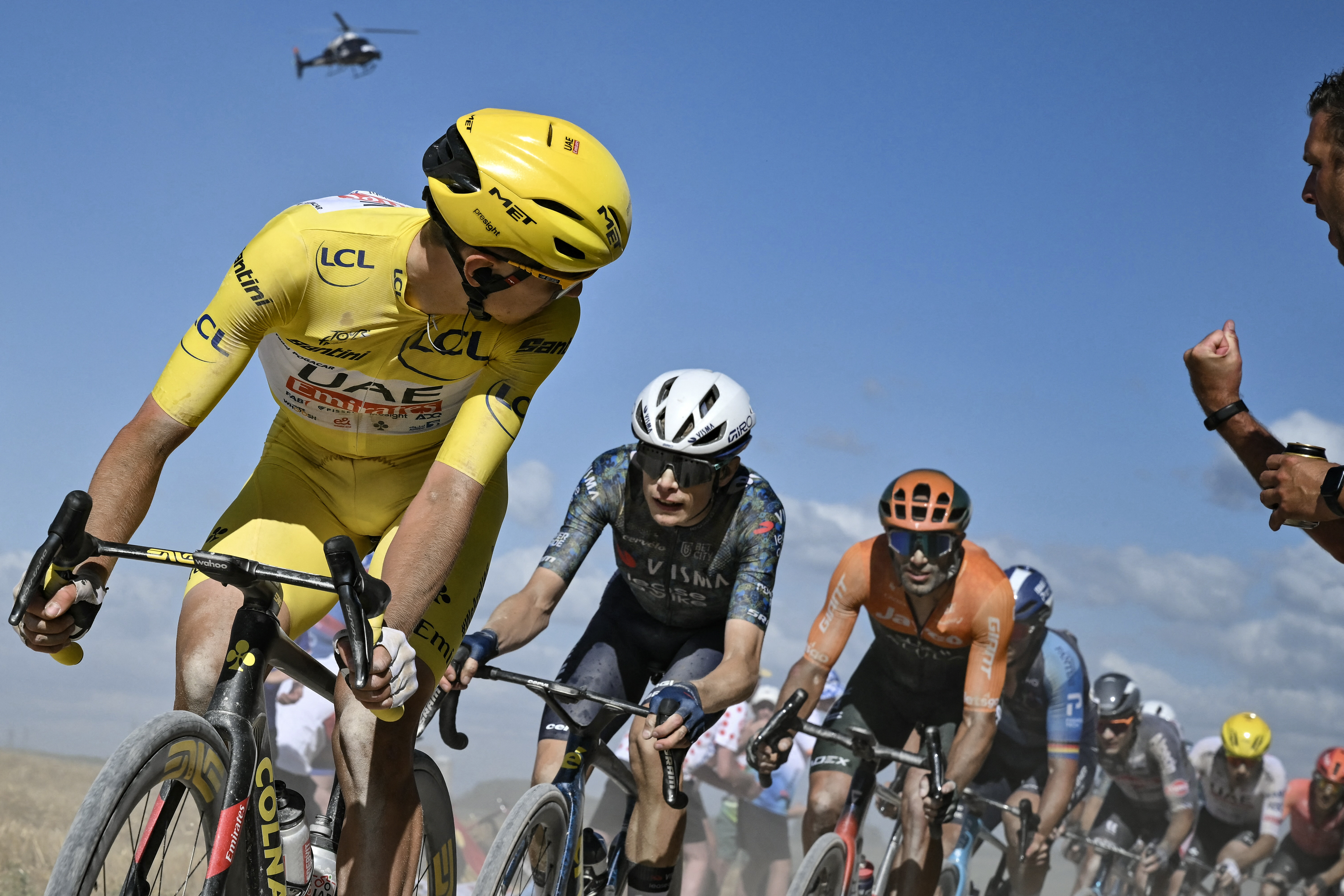 No free-to-air live coverage of Tour de France in UK from 2026, broadcaster confirms
No free-to-air live coverage of Tour de France in UK from 2026, broadcaster confirmsWarner Bros. Discovery (WBD) boss says free coverage of the Tour is “not on our road map”
By Tom Davidson
-
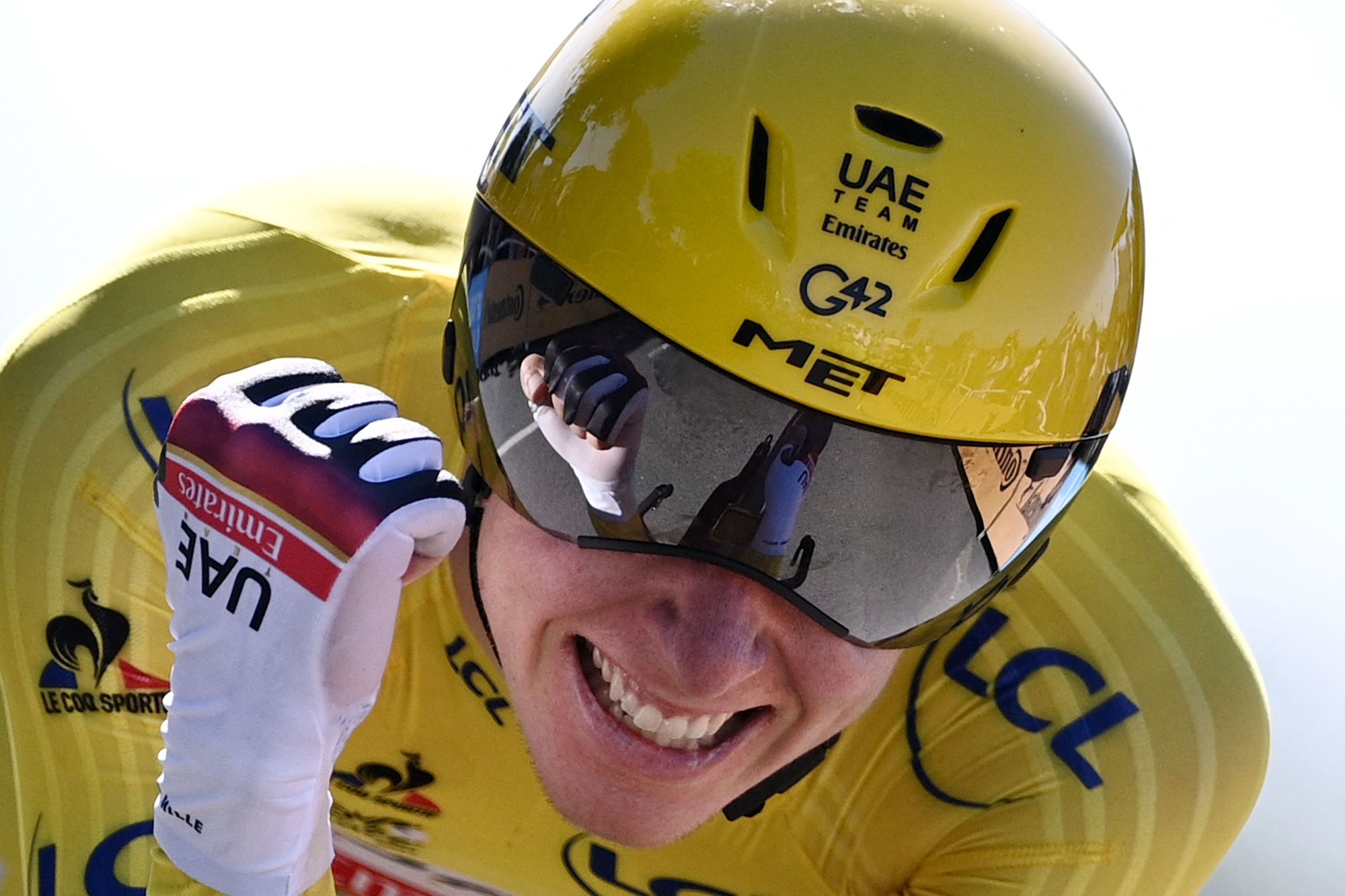 Former Tour de France yellow jersey maker placed into receivership
Former Tour de France yellow jersey maker placed into receivershipLe Coq Sportif also produced kit for the French Olympic Federation during Paris 2024
By Tom Thewlis
-
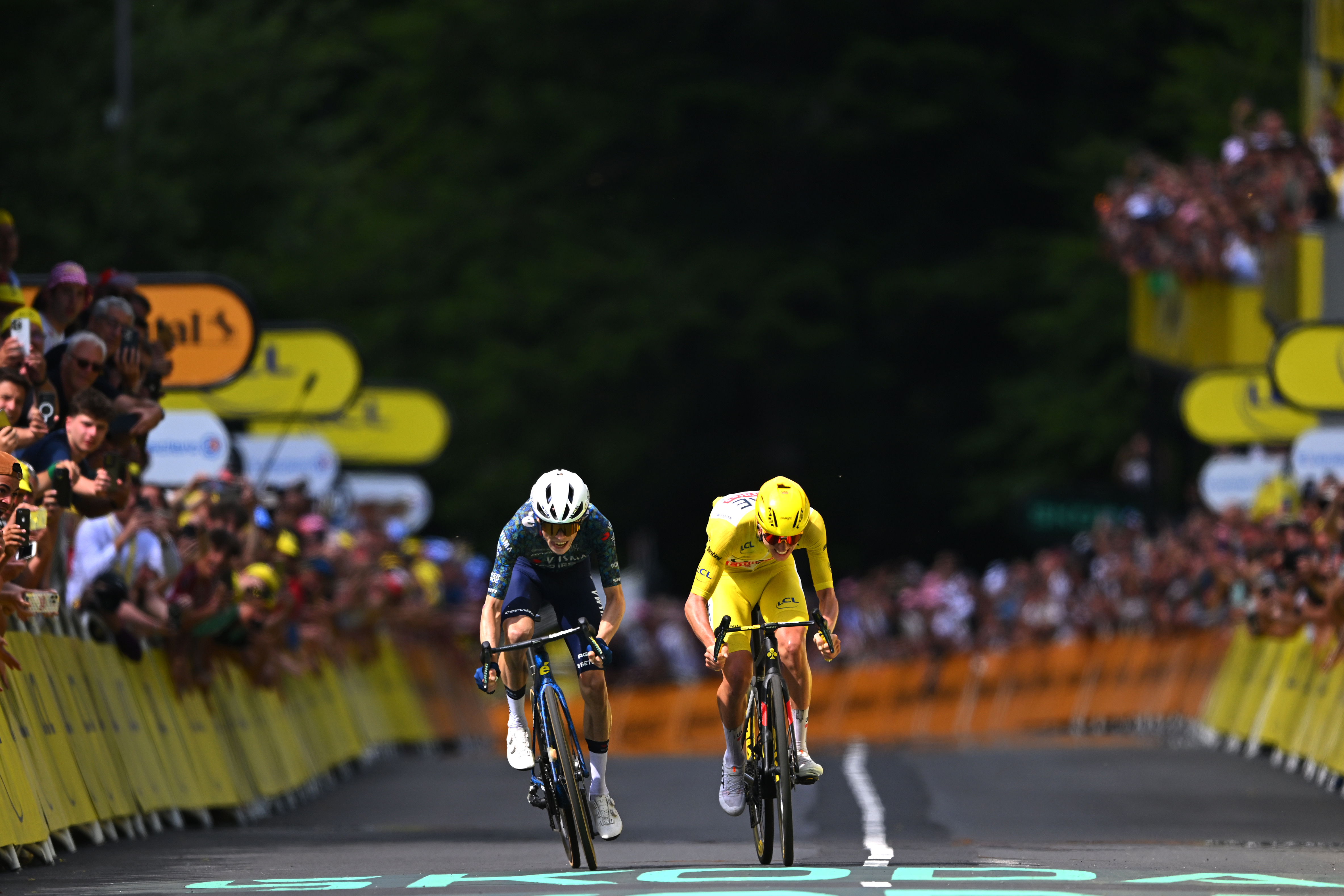 Tour de France 2025 route: Pyrenees triple, Mont Ventoux return and Alps climax on menu
Tour de France 2025 route: Pyrenees triple, Mont Ventoux return and Alps climax on menuRace to take place 5-27 July, with Grand Départ in Lille, before an anti-clockwise route
By James Shrubsall